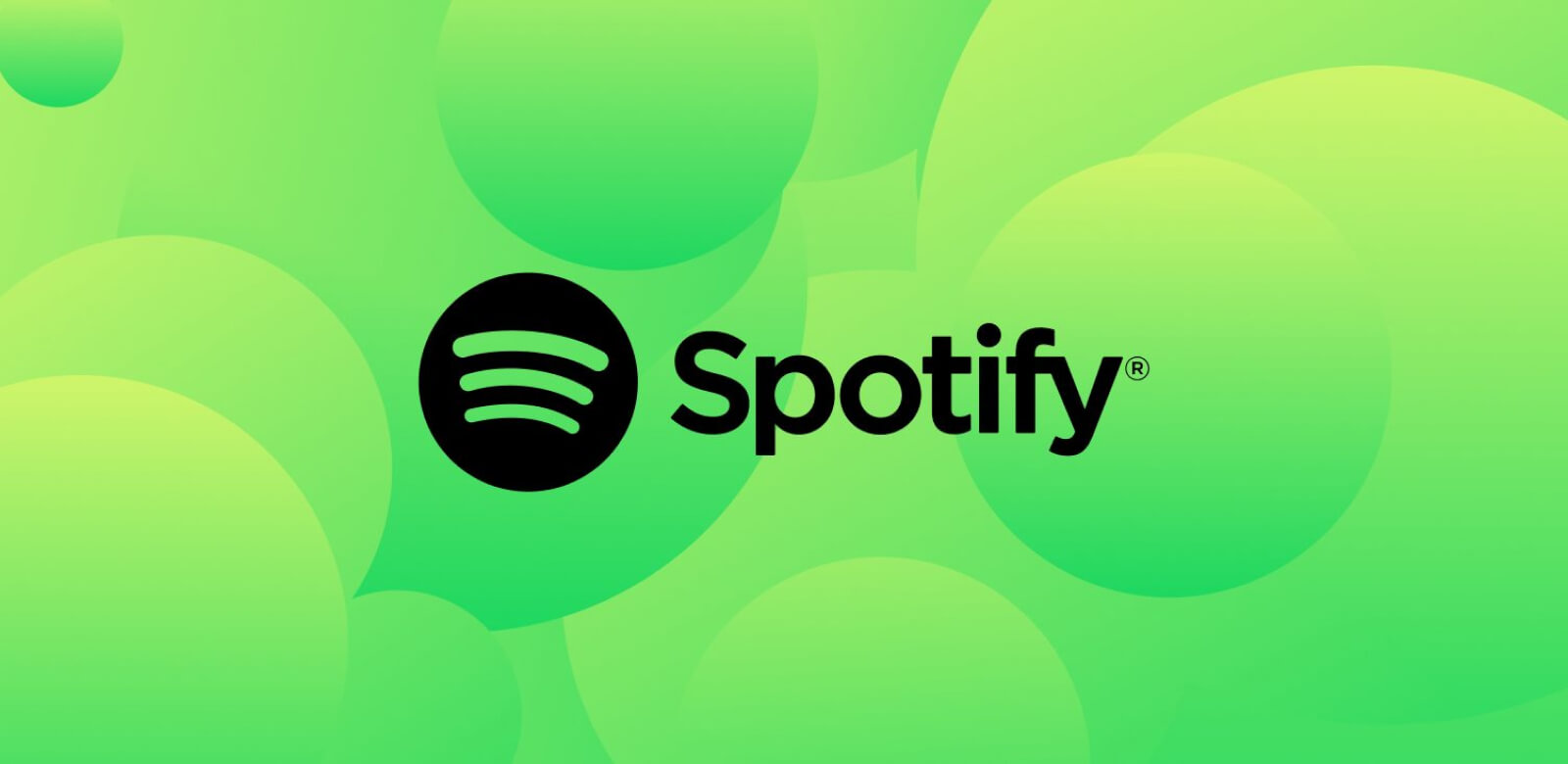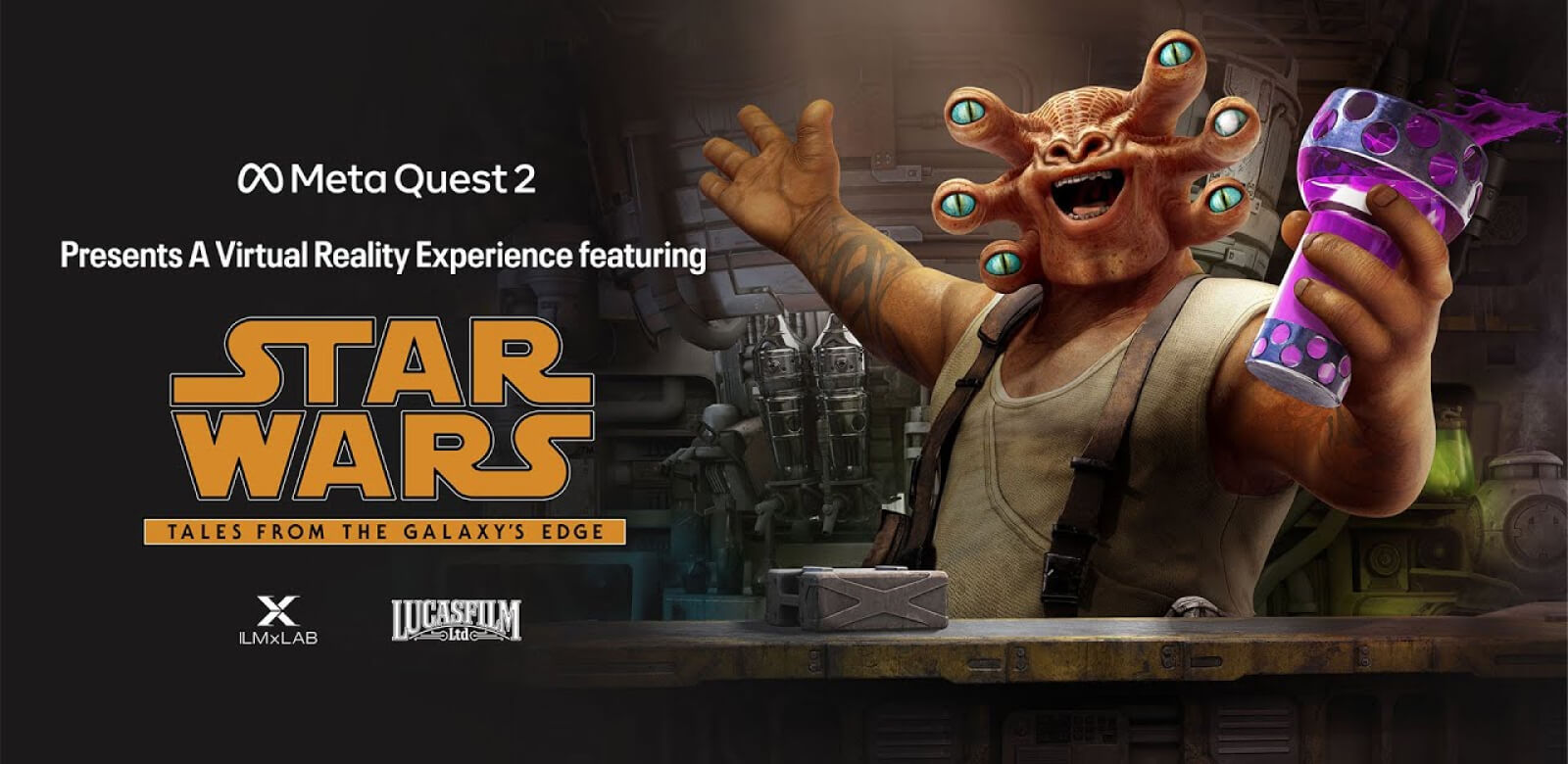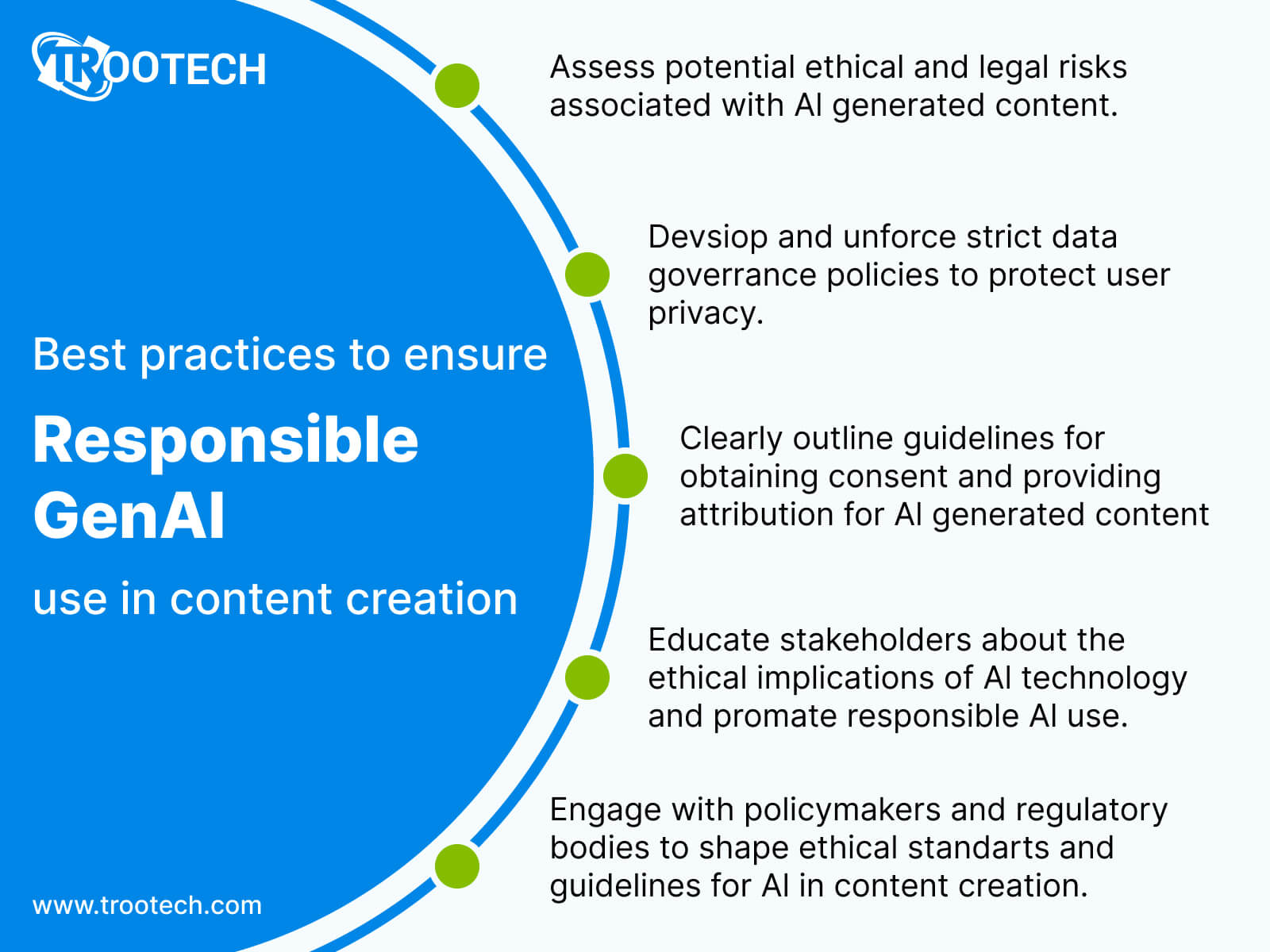
As user expectations evolve toward hyper-personalized and immersive experiences, business leaders are turning to GenAI as a tool for creativity and a catalyst for operational excellence, audience retention, and scalable innovation.
According to Gartner, over 30% of applications will feature AI-driven personalization by 2026—a massive jump from under 5% in 2023. Meanwhile, a BCG report highlights that 67% of CMOs explore GenAI to deliver custom content experiences. GenAI adoption is no longer optional. It is the strategic key to staying competitive.
This blog explores the commercial, technological, and operational advantages GenAI offers to media enterprises and outlines how companies can harness its full potential.
The Business Impact of GenAI in Entertainment and Media:
1. Monetization Strategies:
With film buffs shifting from traditional movie-watching habits to binge-watching digital OTT shows for their content consumption, media companies are facing a pressing challenge:
How to monetize and increase revenue streams in this evolving landscape?
Generative AI datasets and sophisticated algorithms offer media companies the ability to create hyper-personalized ads with an AI ad generator and tailor-made content experiences, effectively capturing and retaining audience interest over the long term.
This personalized approach not only enhances user engagement but also boosts monetization opportunities for media companies.
By delivering content that is highly relevant and appealing to their audience, companies can increase viewer retention, drive ad revenues, and foster stronger customer loyalty.
Let's take a closer look at a case study of a global media conglomerate, NBCUniversal, a prominent name in the global media industry that utilized Generative AI to navigate challenges and achieve profitability in the digital era.
Faced with evolving consumer preferences and shifts in advertising dynamics, NBCUniversal collaborated with leading AI technology providers to implement Generative AI algorithms. This strategic move empowered NBCUniversal to tailor content experiences on a personalized level, leading to substantial advancements in targeted advertising and content recommendations.

By integrating Generative AI into its advertising framework, NBCUniversal successfully delivered personalized advertisements that fostered increased engagement and amplified ad revenues across digital platforms. Additionally, optimized content suggestions improved user satisfaction, driving extended viewing durations and heightened viewer retention rates.
These strategic initiatives propelled NBCUniversal towards sustainable growth and enhanced profitability, cementing its position as an innovative leader in the global media landscape.
2. Audience Engagement and Retention:
In today's digital age, audience engagement and retention are paramount for the success of media and entertainment companies.
Generative AI empowers media and entertainment companies to deliver personalized user experiences that resonate with their audience on a deeper level.
By analyzing vast amounts of data, including viewing history, demographics, and user interactions, Generative AI algorithms can predict user preferences and behaviors with remarkable accuracy. This allows companies to curate content recommendations, advertisements, and user interfaces that are uniquely tailored to each viewer, enhancing their overall experience and increasing their likelihood of returning for more.
One notable example of personalized marketing campaigns leveraging Generative AI is the collaboration between Amazon Prime Video and Indian cricket sensation Virat Kohli.

Using data-driven insights, Amazon Prime Video targeted cricket enthusiasts with personalized advertisements featuring Virat Kohli, promoting exclusive cricket-related content available on the platform.
This targeted approach not only increased engagement among cricket fans but also drove higher subscription rates for Amazon Prime Video.
3. Operational Efficiency:
By leveraging AI-powered algorithms, media and entertainment companies can streamline workflows and reduce the manual labor involved in tasks such as video editing, captioning, and metadata tagging.
Generative AI can even assist in the creation of original content, from generating scripts to composing music tracks, freeing up valuable time and resources.
The impact of AI-driven automation extends beyond just reducing operational costs—it also improves overall efficiency and productivity. By automating repetitive tasks, companies can achieve faster turnaround times, ensure consistency in output quality, and adapt more quickly to changing market demands.
This not only enhances the overall efficiency of content production and distribution processes but also enables companies to deliver a more seamless and engaging experience to their audience.
Whether you're optimizing ad revenue, launching new IP, or targeting micro-audiences, GenAI makes it possible
See how our MediaTech specialists can help build your GenAI monetization engine
Technological Innovations Driven by GenAI:
Innovation is at the heart of the media and entertainment industry, and Generative AI is driving a wave of technological advancements that are reshaping the way content is created, distributed, and consumed.
From AI-generated content to immersive virtual experiences, GenAI is revolutionizing every aspect of the entertainment landscape.
1. Content Creation:
As Barnard Marr opens his post “Generative AI has the unique ability to create. It can generate new content like audio, art, and text, all by learning from a set of data without explicit instructions.”
In the past, content creators often adhered to a uniform method when crafting content for different media platforms. Generative AI software simplifies the task for filmmakers and scriptwriters by swiftly generating numerous scripts within mere seconds.
And it's not just in films. Consider Spotify, a global leader in the streaming industry.

They're using AI-generated music to expand their music collection and cater to different musical tastes. From relaxing tunes to energetic beats, AI helps them create playlists that suit every mood and moment, making it easier for everyone to find music they love.
Through these real-world examples, we see how Generative AI isn't just a tool—it's a creative partner, empowering storytellers and artists to dream bigger, innovate faster, and delight audiences in ways they never thought possible.
2. Advanced Analytics:
Generative AI isn't just about crunching numbers—it helps media companies decode the sentiment analysis to trend prediction of the viewers. The technology allows them to peek into the hearts and minds of viewers, understanding their likes, and dislikes, and even predicting their next binge-watch obsession.
Data-driven decisions powered by Generative AI aren't just game-changers—they're game-winners. Take Hotstar, for instance.
By diving deep into viewer data, Netflix taps into the pulse of its audience, knowing exactly what they crave before they do. It's like having a crystal ball that reveals the next big hit, allowing them to craft content that keeps viewers glued to their screens for hours on end.
2. Virtual and Augmented Reality:
Generative AI, has been instrumental in pushing the boundaries of AR and VR by enabling the creation of highly realistic, interactive, and adaptive digital content.
By leveraging advanced algorithms and machine learning techniques, Generative AI empowers creators to generate dynamic virtual environments, lifelike characters, and immersive experiences that blur the lines between the digital and physical worlds.
From gaming and cinematic experiences to virtual tourism and education, companies are integrating Generative AI technologies to enhance the immersion and interactivity of VR and AR content.
For example:
In recent years, Disney has emerged as a pioneer in leveraging AR/VR technology within the entertainment and media sector.
Disney has partnered with Oculus, a leading VR platform, to create immersive experiences based on their iconic franchises like Star Wars and Marvel. Through these collaborations, fans can step into virtual worlds, interact with beloved characters, and engage in thrilling adventures, all from the comfort of their homes.

This innovative project has redefine entertainment by offering users a captivating way to experience storytelling and immerse themselves in the magic of Disney's universe.
Powered by Generative AI, these virtual tours offer users a glimpse into the past like never before.
Consult with us to explore more about AI-driven technology
Start revolutionizing your business processes!
Services Transformation with GenAI
Generative AI has flipped the script on service offerings in the media and entertainment world.
AI in the media and entertainment industry is helping companies create jaw-dropping content, keep you glued to the screen with spot-on recommendations, and solve your problems faster than you can say "buffering."
With GenAI, the industry's services have become smarter, smoother, and way more fun to interact with.
1. Automated Customer Support:
Generative AI is revolutionizing customer support services by implementing GenAI-powered chatbots and virtual assistants, companies are now able to offer 24/7 customer interaction. These AI-driven assistants provide instant responses, handle queries with precision, and deliver personalized assistance based on user data.
This shift is not only enhancing customer satisfaction but also
- Streamlines support operations
- Instant AI-driven Response
- Tailored interactions enhance user experience
- Cost savings on support services
- Higher Satisfaction Rates
Forbes reports that 60-80% of customer inquiries are repetitive, a situation where AI can play a crucial role.
This integration of generative AI in media and entertainment is a prime example of how media and entertainment software development is shaping the future of customer service, making it smarter, faster, and more efficient.
2. Content Distribution and Management:
Generative AI in the media industry is not just about creating more content—it's transforming how that content is distributed and managed.
With generative AI in media and entertainment, content localization has become more efficient and cost-effective. This technology can dub content in various languages, making it accessible to a global audience.
But the impact of Generative AI in media and entertainment doesn’t stop there. It also optimizes content distribution by analyzing audience data to ensure that the right content reaches the right viewers at the right time.
This real-time content management leads to more engaged viewers and higher retention rates. AI in the entertainment industry helps generate content summaries, personalize recommendations, and adapt content strategies on the fly.
3. Collaborative Tools:
Generative AI in media and entertainment offers a new level of synergy within creative teams. For writers, AI tools can suggest plot twists, dialogue improvements, or even generate entire scenes, helping to overcome writer's block and enhance storytelling.
Artists and designers benefit from AI's ability to create visual concepts, streamline design processes, and provide inspiration based on current trends and data. Directors can leverage AI to visualize scenes, make better editing decisions, and manage production schedules more efficiently.
This transformation is a testament to the top technology trends in 2024, where AI continues to play a pivotal role in reshaping the landscape of content creation and collaboration in the entertainment industry.
Ready to Simplify Manufacturing Process?
Get Your Free Consultation Today!
Challenges and Considerations in GenAI Adoption
While the adoption of Generative AI in the media and entertainment industry holds immense promise, it also comes with its set of challenges and considerations.
One of the primary challenges is ensuring the ethical and responsible use of AI-generated content, particularly in sensitive areas such as deepfakes and misinformation.
Additionally, there are concerns regarding data privacy and security, as AI systems require access to vast amounts of user data to function effectively.
Moreover, there may be resistance to change within organizations, as integrating AI technologies often requires significant investments in infrastructure and training.
Despite these challenges, thoughtful planning, robust regulations, and a commitment to transparency can help mitigate risks and ensure the successful adoption of GenAI in the media and entertainment industry.
1. Ethical and Legal Issues
As GenAI in the media and entertainment industry continues to evolve, its ethical and legal issues are still on the rise.
Concerns surrounding copyright infringement, content ownership, and AI ethics have sparked intense debates and legal battles. Recent headlines have highlighted the potential risks of AI-generated content, with instances of deepfakes causing significant reputational damage and raising questions about accountability and responsibility.
From a legal standpoint, AI-generated content ownership and intellectual property rights pose significant challenges. While traditional copyright laws may offer some level of protection, they often fall short in addressing the unique complexities of AI-generated works. As AI systems become increasingly sophisticated and capable of creating original content, questions arise regarding the legal status of such works and the rights of creators, collaborators, and AI algorithms.
Look at these best practices to ensure responsible GenAI use in content creation.

2. Data Privacy and Security
While leveraging GenAI for personalization and analytics offers numerous benefits, it also raises concerns about the protection of sensitive user data. With AI systems relying on vast amounts of personal information to deliver personalized experiences, there's an inherent risk of data breaches and unauthorized access.
According to recent studies, the media and entertainment industry is among the top targets for cyberattacks, with data breaches becoming increasingly common.
This highlights the critical need for stringent data protection measures when implementing Generative AI solutions. From encryption and access controls to data anonymization and secure data storage, organizations must deploy a multi-layered approach to safeguarding user data.
Additionally, compliance with regulations such as the General Data Protection Regulation (GDPR) and the California Consumer Privacy Act (CCPA) is essential for maintaining user trust and avoiding costly penalties.
These regulations impose strict requirements for data handling, transparency, and consent, necessitating careful consideration and adherence by organizations utilizing GenAI in the entertainment industry.
To uphold user trust and compliance with regulations while leveraging Generative AI in the entertainment industry, organizations can implement the following strategies:
- Transparent Data Practices
- User Consent Mechanisms
- Regular Audits and Assessments
- Employee Training and Awareness
- Collaboration with Regulatory Bodies
- Secure Data Handling
3. Skills and Training
With Generative AI becoming increasingly integrated into various aspects of the AI in media industry and entertainment, professionals need to adapt and acquire new competencies to remain competitive in the industry.
From technical skills such as data analysis and AI programming to creative skills such as storytelling and content curation, a diverse skill set is essential for navigating the complexities of AI-driven content production.
Fortunately, there are numerous training programs and resources available to help professionals acquire the skills needed to excel in this new era of media and entertainment. Technical professionals can benefit from courses and certifications in machine learning, data science, and AI development, offered by reputable online platforms and universities.
Creative professionals, on the other hand, can explore courses in digital storytelling, UX design, and content strategy to enhance their ability to ideate, execute, and optimize AI-driven content experiences.
Moreover, organizations can also invest in tailored training programs and workshops to foster a culture of continuous learning and innovation within their teams. By providing access to cutting-edge tools, technologies, and expertise, organizations can empower their employees to unlock the full potential of Generative AI in entertainment and drive meaningful impact in the media and entertainment industry.
Conclusion and Recommendations
Generative AI is no longer a futuristic concept—it's a critical lever for growth in the media and entertainment industry. As the competition intensifies and content demands scale exponentially, enterprises must rethink how they create, personalize, and deliver experiences. GenAI offers a scalable, intelligent path forward by automating production workflows, unlocking new revenue streams, and enabling hyper-personalized user journeys.
To stay ahead, industry leaders must do more than experiment. They must invest in purpose-built AI infrastructure, train cross-functional teams, and form strategic partnerships with technology experts who understand the media landscape and the AI domain.
At TRooTech, we combine our AI expertise with deep industry knowledge to co-create GenAI solutions tailored to your unique goals—whether it's powering immersive fan experiences, streamlining content operations, or enhancing monetization through real-time personalization.
FAQs
GenAI enables hyper-personalized content experiences, automates repetitive creative tasks, and reduces time-to-market for new offerings. For decision-makers, it translates to higher audience retention, improved monetization, and leaner operations—key drivers of sustainable growth in a competitive digital content market.
OTT platforms can leverage GenAI to auto-generate localized content, dynamically personalize UX/UI, and optimize content curation through predictive insights. For broadcasters, it empowers agile content delivery across multi-channel ecosystems with minimal manual intervention.
Executives must evaluate IP rights management, bias mitigation, data transparency, and regulatory compliance (e.g., GDPR, CCPA). A responsible AI framework that includes explainability, auditability, and ethical safeguards is essential for enterprise-wide adoption.
By augmenting—not replacing—creative teams, GenAI tools support scriptwriting, visual concept design, and production planning. Enterprises can scale ideation and output while retaining editorial control, ensuring brand voice, compliance, and quality remain intact.
GenAI is a long-term strategic investment. As platforms, audiences, and ecosystems shift toward real-time, context-aware content, media companies adopting GenAI early are already achieving measurable ROI through automation, engagement uplift, and operational efficiency.
TRooTech offers full-spectrum AI consulting, engineering, and deployment tailored to the media and entertainment sector. Our cross-functional teams understand both enterprise needs and creative dynamics, bridging the gap between innovation and execution for industry-leading outcomes.


